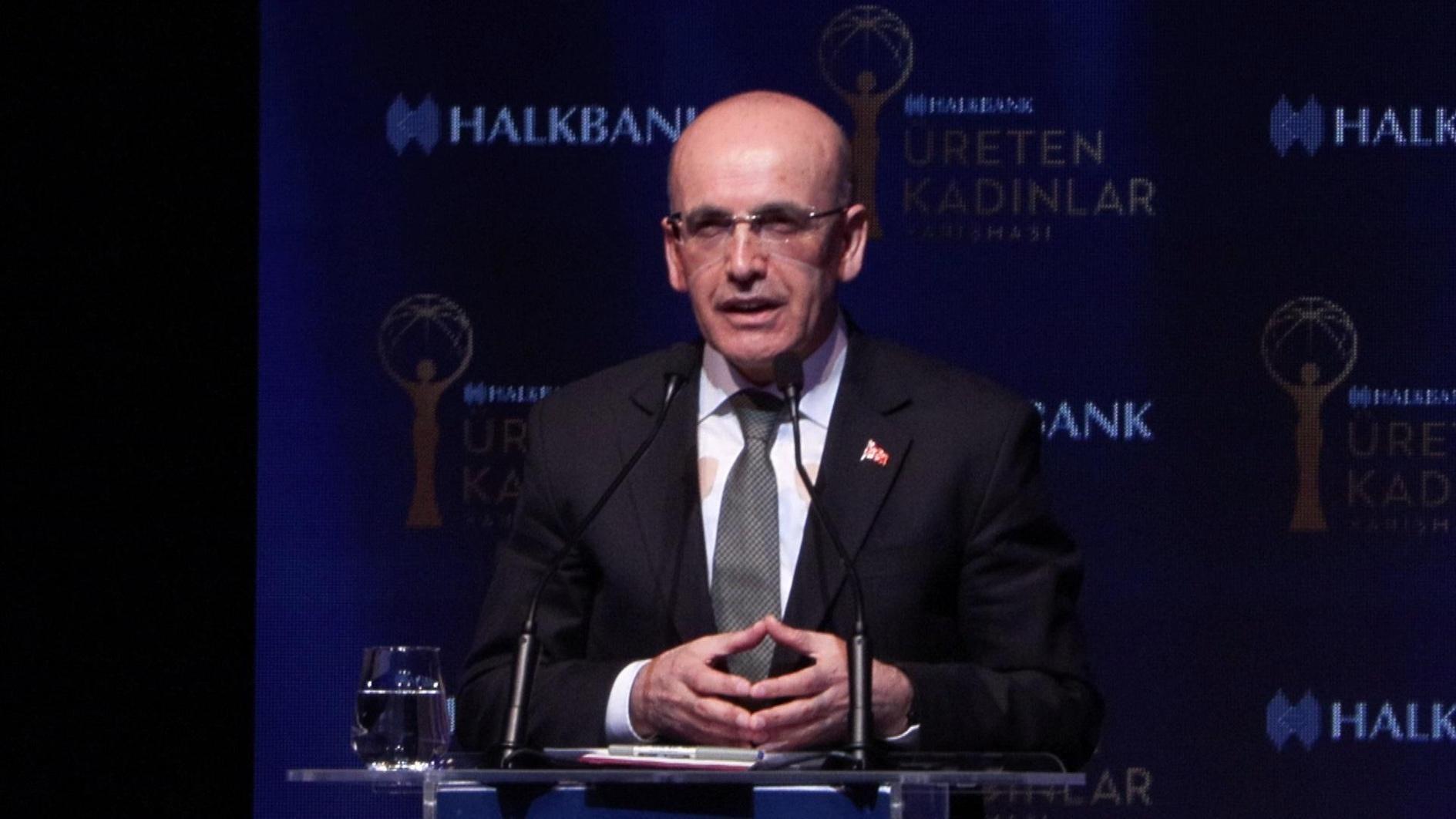Mali: Totalitarian vs. liberal Islamists
I’ll be honest, I am certainly not an expert on African politics. When it comes to Mali, I would even plead total ignorance, because, until a few weeks ago, I would probably have had a hard time even finding this West African nation on a map. Yet still, since the beginning of the French military operation earlier this month, I have become a curious Mali observer.
It is not that easy, though, to understand what is really happening in this poor and landlocked African country. In the Turkish press, most commentators readily speak of a “neo-colonial” plot by France, aiming at nothing but more plundering the natural resources of the continent. In the Western media, on the other hand, most narratives rather focus on the threat coming from the “Islamists” of Mali, who have dominated northern part of the country and established oppressive rule. The Islamist group called Ansar Dine (“Helpers of Religion”), for example, reportedly banned Malian and Western music, bars, video games and even football. This Taliban-like tyranny, in other words, seems to be the only thing people have in mind when they speak of “the Islamists of Mali.”
However, a recent piece in the New York Times by Hannah Armstrong, an Africa-based fellow of the Institute of Current World Affairs, shows that facts are more nuanced. Titled, “A Tale of Two Islamisms,” Armstrong explains that the Taliban-like totalitarianism of Ansar Dine and its ilk is only one face of Islam in Mali. The other one, which is no less pious, is led by the High Council of Islam (HCI), which, in the words of Armstrong, is an “Islamist civil society organization, which provides social services and education through a network of 165 NGOs.”
This HCI, Armstrong also notes, represents “a republican form of Islamism [that] is peacefully conquering the south of Mali.” It trains imams and promotes religious values. But it rejects both the violent tactics and the oppressive measures of the Islamists in the north. “I am a moderate Islamist and a republican,” Moussa Boubacar Bah, a Sufi jurist and one of the leaders of the HCI, tells Armstrong. “I will not destroy a bar,” he explains. “I will convince the people not to drink.”
Given that people have the right to remain unconvinced, this would be a sort of Islamism that I would call “liberal” – liberal in the sense that it respects people’s liberty to choose between Islam and non-Islam, between piety and vice. (It is no accident that the Sufis of HCI are inclined to think this way, for Sufis are interested mainly in individual piety, and thus often realize that it can only be based on free choice, whereas oppression leads only to hypocrisy.)
This division among the Islamists of Mali – totalitarian versus liberal – seems to be a serious one with important political consequences. Armstrong notes that while the HCI tries to be an “interlocutor with the extremists in the north,” it also supports the French intervention in the country “to stop a fresh offensive from the north.” The liberals’ attitude toward the West, in other words, is not black and white.
Moreover, the same division between the two forms of Islamism exists not only in Mali, but in fact the whole Muslim world. It would be only naïve to consider them as a single force, as some Westerners and Muslim secularists crudely do. It would rather be wise to help the liberals win over the totalitarians.











